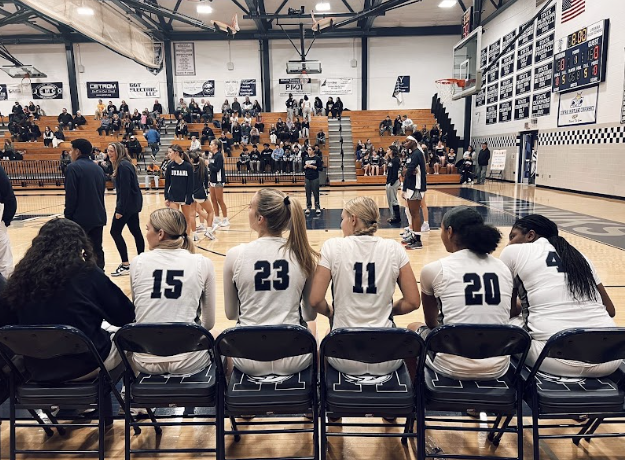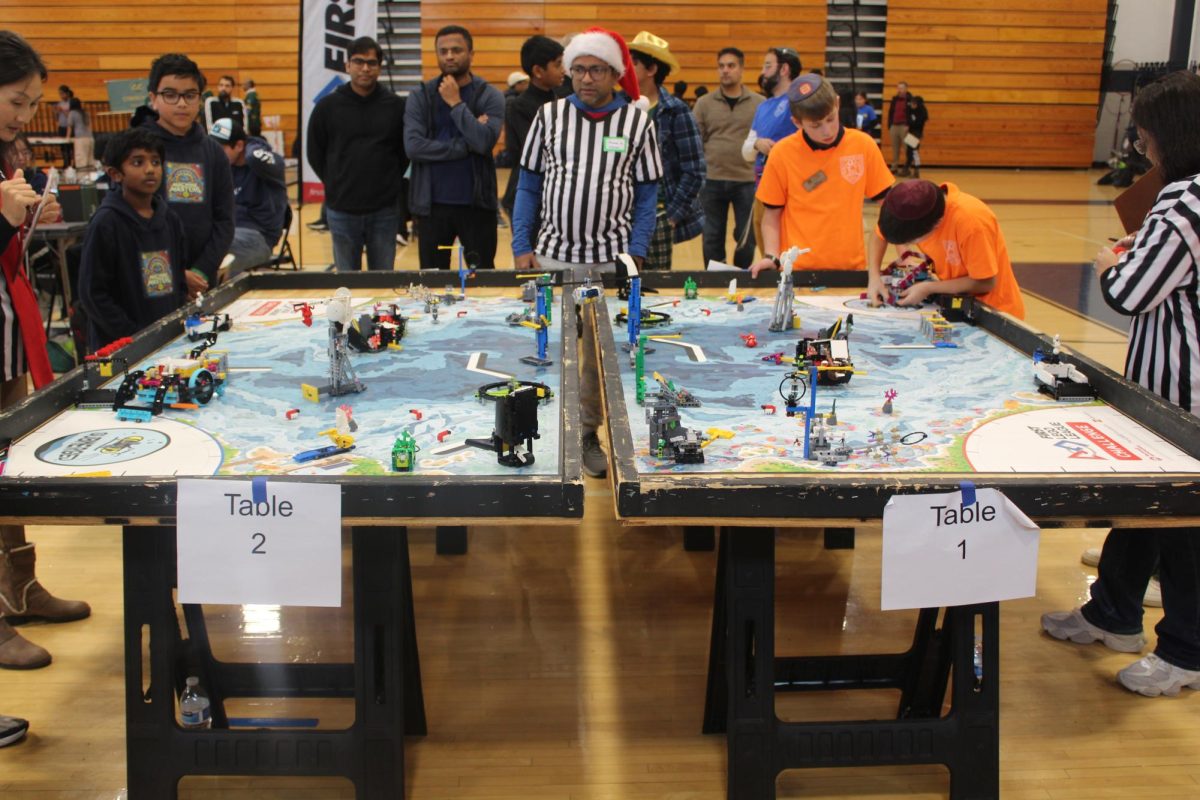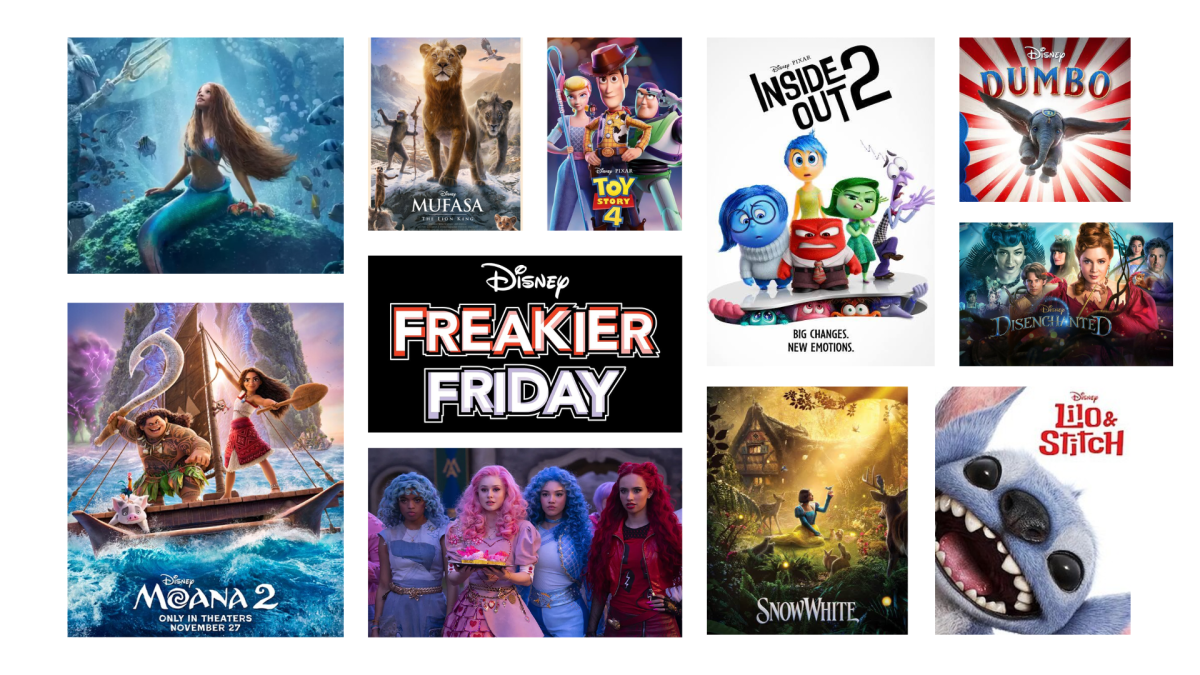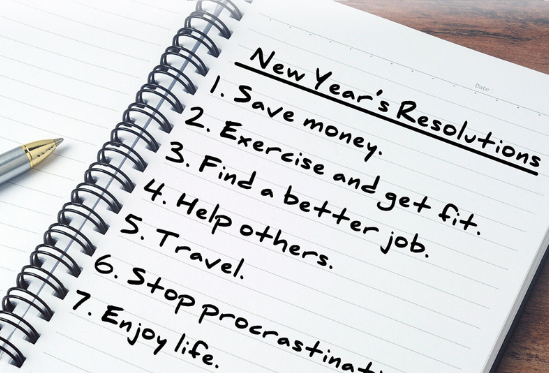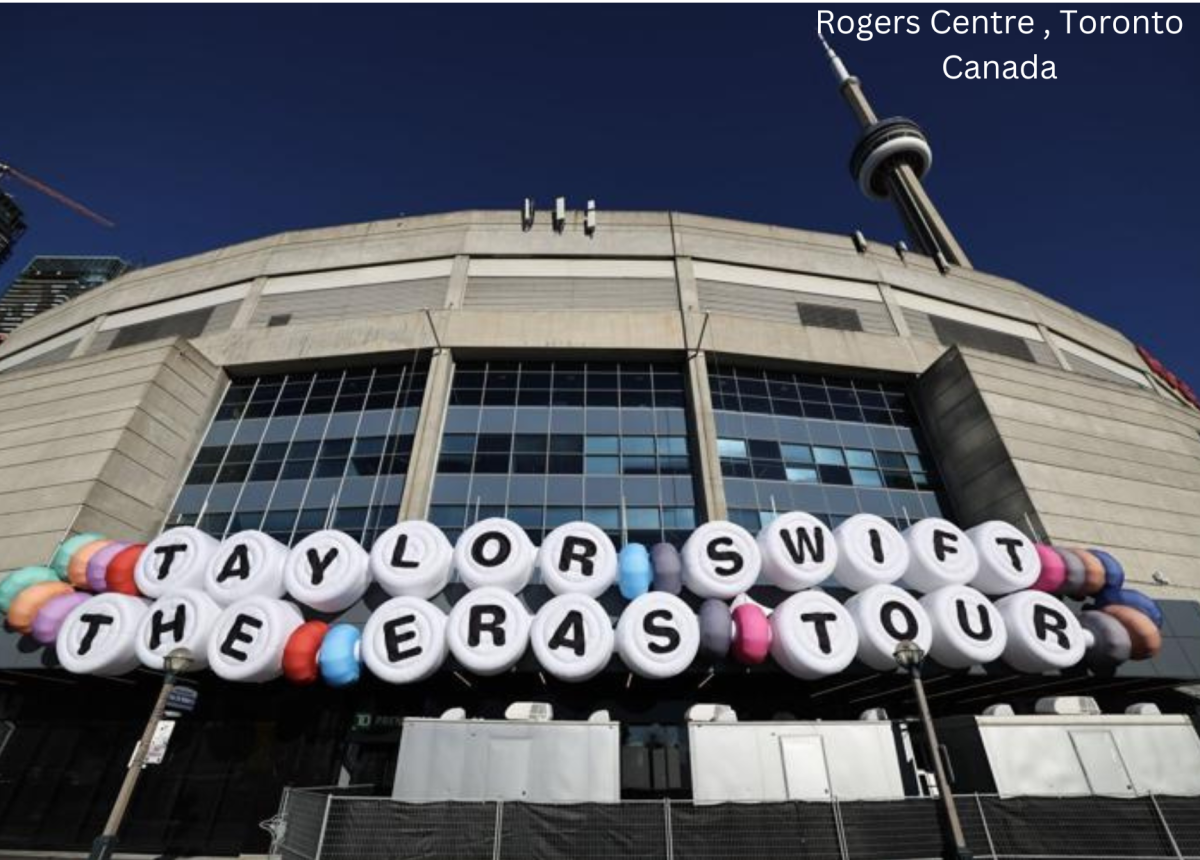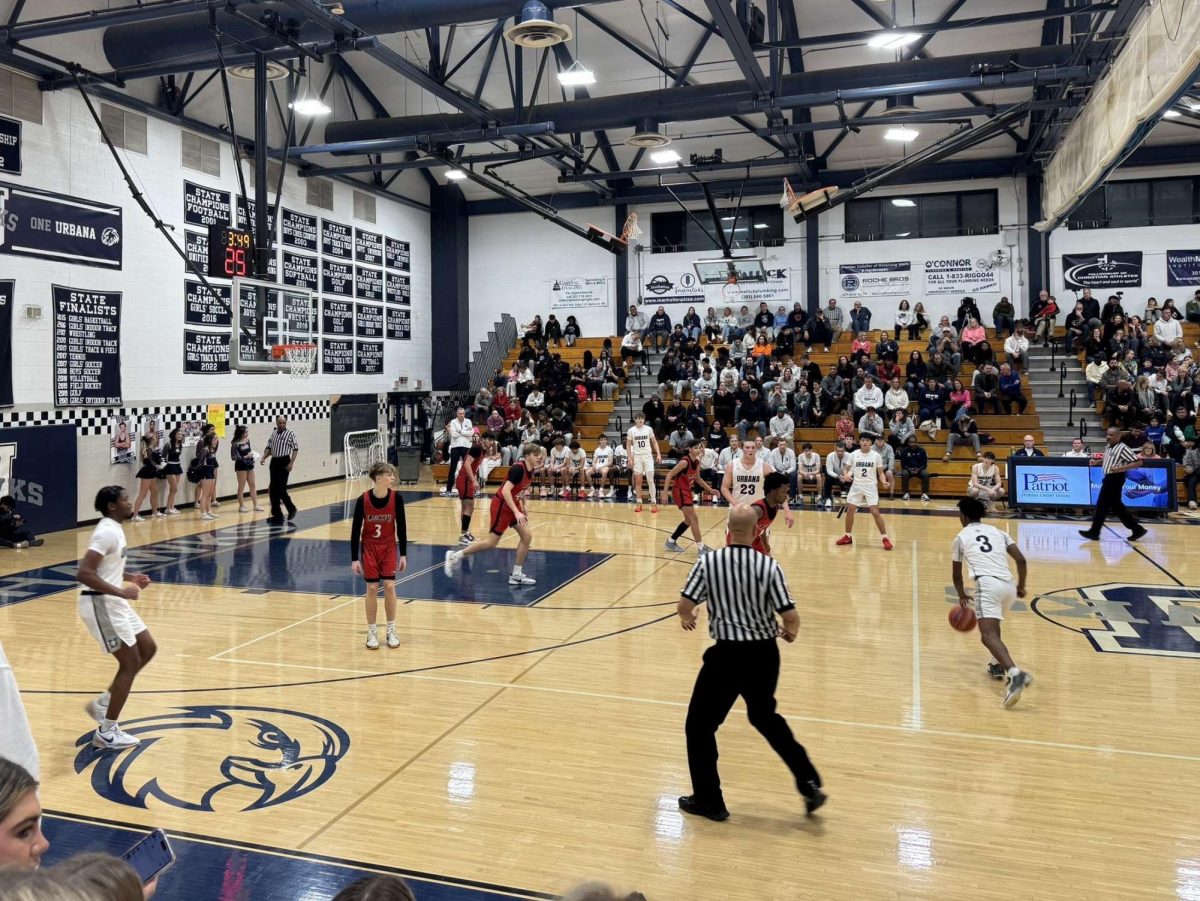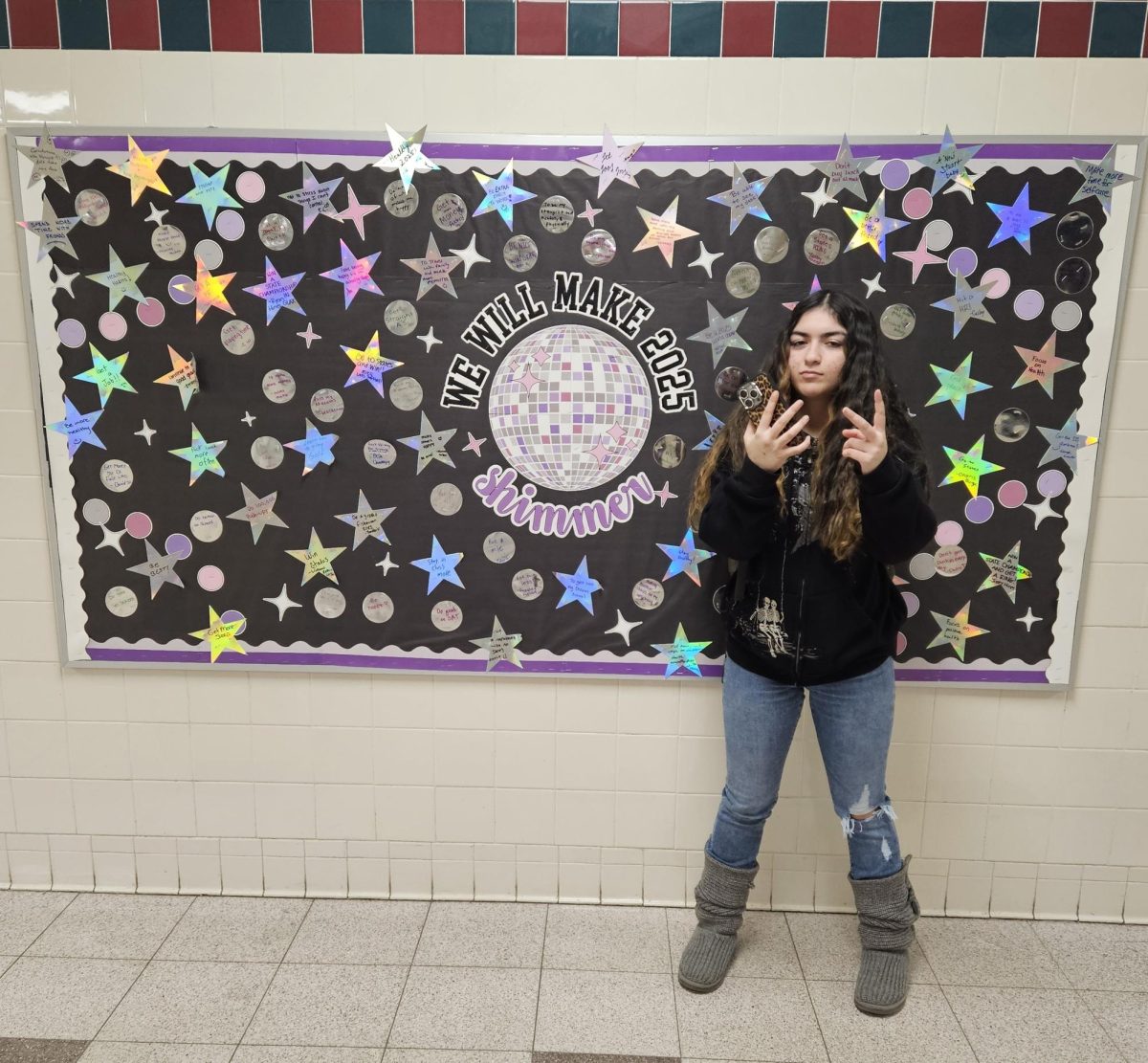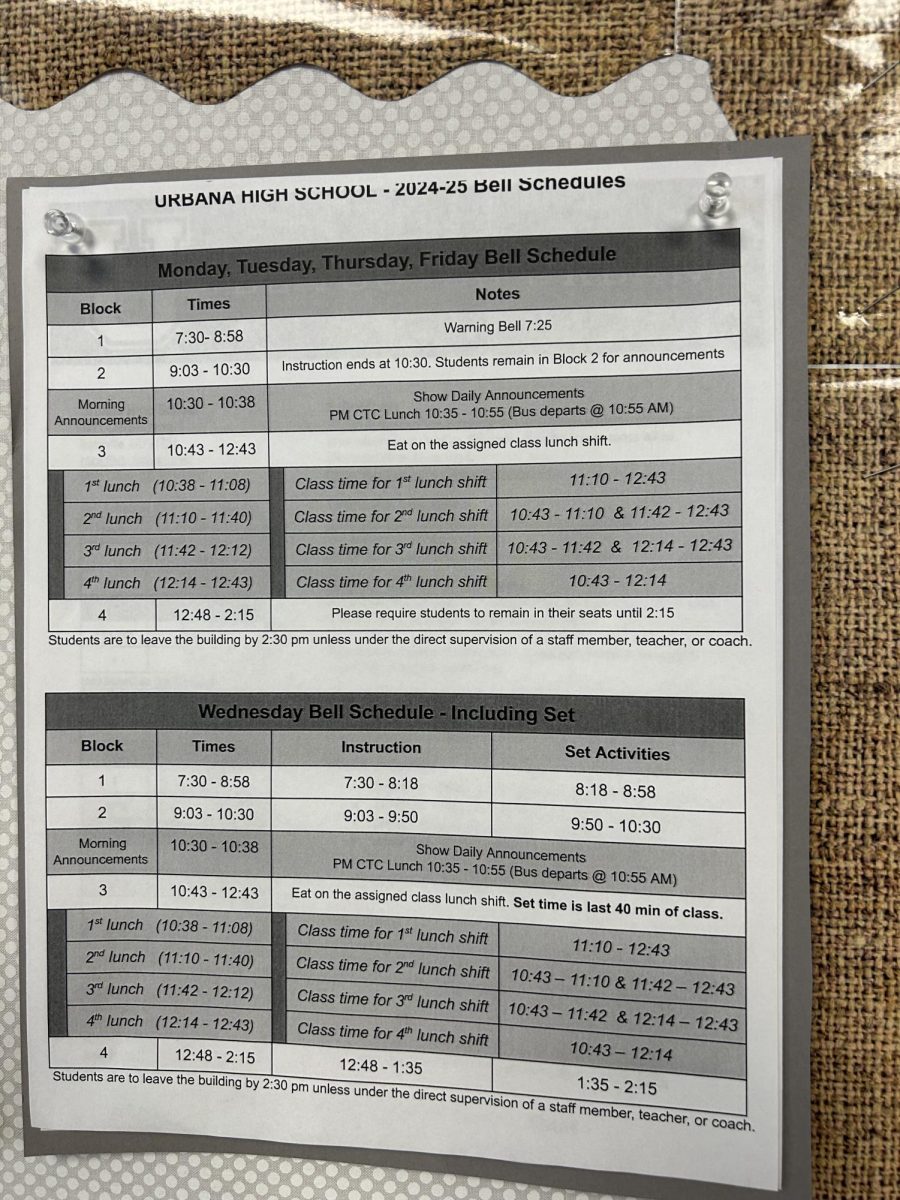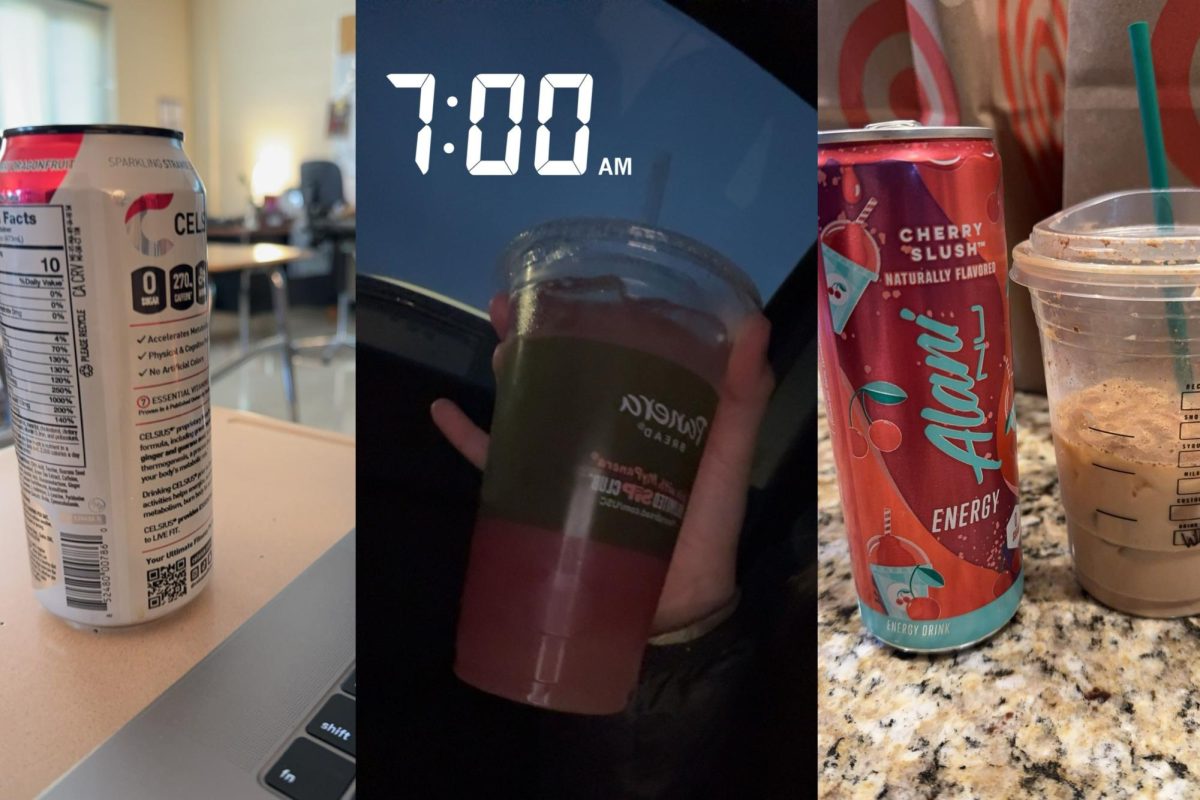270 mg of caffeine.
That is what sits on my Celcius in front of me as I tell you about caffeine. Ironic, but the rise in popularity of energy drinks among teens has surged, 83% of teens ages 13-18 consume caffeine regularly, and 96% drink it semi-regularly according to a study conducted by the Mayo Clinic.
The specific brand Celcius has become the most popular brand of energy drinks among urbana students, you can’t walk in between classes without seeing someone holding one in their hands. The NCAA has actually banned Celcius after conducting a study which revealed that drinking one bottle is equal to having up to five cups of coffee.
According to Marca.com, “Their study proved that Celsius drinks have illegally banned stimulants ginseng, guarana, L-carnitine and taurine. All of these ingredients are also officially banned by the National Olympic committee and the World Anti-Doping Agency (WADA),” which is what caused the ban.
Besides this, teenagers have started the cycle of drinking a Celcius everyday, which can ultimately lead to health problems. One student at our own school fell victim to the health problems initiated by a high caffeine intake.
“I drank 2-3 [Celcius’] a day and it made my stomach hurt everyday for months, but I didn’t know that was the problem, so I kept drinking them. It eventually caused a layer of my stomach to burn and I had to take medicines everyday to restore the layer,” Rhyleigh Huesser states as she showed me the graphic comparison of a normal layer versus hers. The difference is clearly visible, and graphic…
A class action lawsuit even occurred with Celcius, this was because their labels were proved misleading. Claiming their products contained “No Preservatives” despite containing citric acid. Though Celcius still denies any accusations and claims they “added citric acid to its products only to add flavor and not as a preservative.”
“The Settlement provides a Cash Award to Class Members that submit a valid and timely Claim Form. Class Members who previously purchased a can of Product during the Class Period may submit a Claim to receive One Dollar ($1.00) for each can of Product,” so some students may be viable to get some cash, as long as it does not surpass $250.
It has become normalized to drink high amounts of caffeine everyday, but we forget that caffeine is a drug and regular caffeine drinkers can go through withdrawal when they stop consuming it.
More problems associated with a high intake of caffeine include- sleep problems, thinning of bones and fractures, more anxiety, accelerated heart rate and stomach acidity.
But what is the recommended amount of caffeine for teens?
“The suggested maximum acceptable levels for adolescents (2.5 mg/kg body weight/day or 100–175 mg/day with body weight 40–70 kg),” according to a journal entry in the NIH by Hae-Wol Cho. A can of Celsius or Alani Nu already surpasses that number, which are the two most popular brands of energy drinks among students.
So a majority of teenagers including myself have been consuming more caffeine than recommended, this could be one major factor for sleep problems among our generation.
According to a journal in the National Library of Medicine, there has been a proven increase in reported sleep difficulties, sleep disturbances, and morning tiredness among adolescents.
As hard as it is, laying back on caffeine might benefit all of us. Drinking an energy drink a day is not a cycle we want to fall into, and if I’ve already fallen into it, maybe it’s time to cut back.
The flavors might be intriguing, but the number of emergency department (ED) visits involving energy drinks among patients 12 years of age or older doubled between 2007 and 2011 (from 10,068 to 20,783), you can only imagine how much the number has risen since, and I personally don’t want to add to it.
You shouldn’t either.
Joy, Kevin. “Parents, Perk up to the Dangers of Caffeine for Teens.” Michigan Medicine, 31 May 2017, www.michiganmedicine.org/health-lab/parents-perk-dangers-caffeine-teens.
Cho, Hae-Wol. “How Much Caffeine Is Too Much for Young Adolescents?” Osong Public Health and Research Perspectives, U.S. National Library of Medicine, Dec. 2018, www.ncbi.nlm.nih.gov/pmc/articles/PMC6296805/.
Amy Morin, LCSW. “Learn If You Should You Let Your Teenager Drink Caffeinated Drinks.” Verywell Health, Verywell Health, 3 July 2023, www.verywellhealth.com/effects-of-caffeine-on-teenagers-4126761.
“Hezi v. Celsius Holdings, Inc. – United States District Court for the Southern District of New York: Case No. 1:21-CV-09892-VM.” Hezi v Celsius Holdings Inc, www.celsiusclassactionsettlement.com/. Accessed 28 Feb. 2024.
Sam. “NCAA Banned Substances: What Caffeine Is Banned by the NCAA?” MARCA, Marca, 13 Apr. 2023, www.marca.com/en/ncaa/2023/04/13/643810dae2704efe6d8b4609.html.




